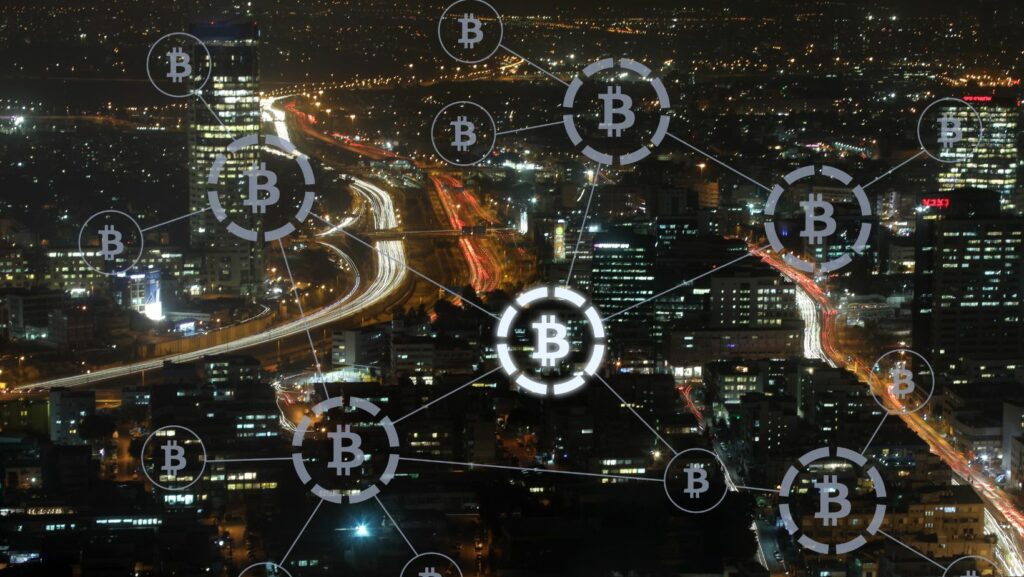
Cryptocurrencies have developed far beyond their preliminary conception as virtual currencies. They have converted right into a numerous atmosphere encompassing various asset lessons, one of the most promising being security tokens. Unlike conventional cryptocurrencies like Bitcoin and Ethereum, protection tokens constitute ownership or participation in actual global belongings. There are a lot of crypto projects in the market and to invest in any of these you need skills and education. Register at Immediate Revolution 360 to learn investing right away!
Understanding security tokens
Security tokens are blockchain-based virtual tokens that derive their value from tradable property, along with actual estate, organization equity, commodities, or debt instruments. Unlike software tokens, which give access to a platform or provider, security tokens are designed to comply with the regulatory frameworks governing conventional securities. They provide investors with a digitized form of ownership and enable fractional possession of traditionally illiquid belongings.
The attraction of security tokens lies in their capability to decorate liquidity, reduce transaction expenses, and democratize access to funding opportunities that were previously restricted to institutional traders. By leveraging blockchain generation, safety tokens promise more transparency, efficiency, and security in asset buying, selling, and control.
Benefits of Security Tokens
Fractional Ownership and Liquidity:
Security tokens permit traders to personal fractional shares of high-value assets, inclusive of real property or artwork, which have been traditionally tough to divide. This fractional possession increases liquidity by permitting buyers to buy and sell smaller portions of assets, thereby broadening market participation.
Efficiency and Transparency:
The blockchain era helps actual-time agreement of transactions and transparent record-preserving of possession rights. Smart contracts embedded within safety tokens automate compliance with regulatory requirements, which include investor accreditation and asset transfer restrictions, streamlining administrative processes.
Global Accessibility:
Security tokens can draw a global investor base by doing away with geographical limitations and reducing reliance on intermediaries.

Investors can alternate tokens 24/7 on decentralized exchanges (DEXs), fostering a more inclusive and efficient capital market environment.
Regulatory Considerations
The regulatory panorama surrounding protection tokens is vital to their big adoption and investor self-assurance. Unlike utility tokens, which often fall outside conventional securities regulations, protection tokens need to follow existing securities legal guidelines in jurisdictions in which they may be traded or marketed.
Regulators worldwide are actively developing frameworks to manipulate the issuance, trading, and custody of security tokens. These regulations have the intention of defending investors from fraud and ensuring market integrity while balancing innovation and monetary inclusion. Compliance with regulatory requirements complements investor trust and paves the way for institutional participation in the security token marketplace.
Types of Security Tokens
Security tokens encompass a wide range of asset training and funding systems, including:
Equity Tokens:
Represent possession rights in an agency, entitling holders to dividends, vote-casting rights, and ability capital appreciation.
Debt Tokens:
Represent debt devices, which include bonds or loans, imparting traders with periodic hobby payments and compensation for primary.
Asset-sponsored Tokens:
Represent possession of physical belongings, including real estate, commodities, or nice artwork. These tokens tokenize the price of the underlying asset, allowing fractional possession and improved liquidity.
Revenue Sharing Tokens:
Entitle holders to a percentage of profits or sales generated with the aid of a particular assignment or commercial enterprise, presenting a stake in ongoing financial overall performance.
Market Adoption and Investment Opportunities
The adoption of security tokens is gaining momentum throughout numerous industries, which include actual estate, project capital, and personal fairness. Tokenization allows issuers to access a broader pool of buyers, streamline fundraising procedures, and liberate liquidity for historically illiquid belongings.
Institutional buyers are increasingly exploring safety tokens as a means to diversify portfolios, mitigate risks, and capitalize on rising asset prices.

Platforms and exchanges committed to safety tokens are emerging, imparting compliant trading venues and secondary market liquidity.
Challenges and Future Outlook
Despite their capability benefits, protection tokens face demanding situations that may affect their mainstream adoption:
Regulatory Uncertainty:
Divergent regulatory techniques across jurisdictions create compliance complexities and regulatory arbitrage risks for issuers and traders.
Liquidity and Market Depth:
Developing sturdy secondary markets for security tokens requires addressing liquidity worries and attracting enough buying and selling quantity to help price discovery and investor self-belief.
Technological Integration:
Integrating blockchain technology with the present economic infrastructure and legacy structures creates technical and operationally demanding situations that require scalable solutions.
Conclusion
Security tokens represent a paradigm shift in the manner in which property is owned, traded, and managed in the digital age. By combining the benefits of blockchain generation with regulatory compliance, protection tokens offer traders extraordinary possibilities for fractional possession, liquidity, and portfolio diversification. As the environment continues to conform, stakeholders across industries are poised to leverage security tokens to release value, innovate financial markets, and democratize access to funding opportunities worldwide.











